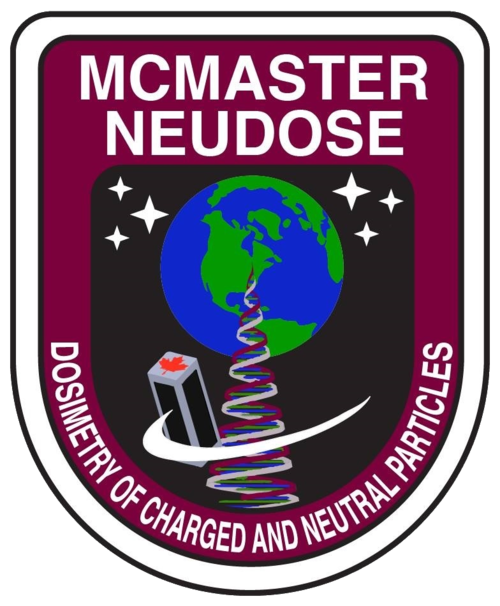February 4 is World Cancer Day, a day dedicated to raising awareness on how to fight and prevent cancer. One of the main considerations in the future of human spaceflight is the unfortunately increased risk of cancer development. There is evidence that a high dose of ionizing radiation causes human ailments, including cancer (Brenner, 2003). While there are approximations of the different levels of exposure to expect on a long term space flight, there are still some inaccuracies that we require further research.
Many of our team members have been impacted by cancer in the lives of friends and family, and it remains a major motivation behind our mission. Our payload will house the CNP-TEPC, an instrument capable of differentiating charged and neutral particles (therefore ionizing vs. non-ionizing radiation) in Low Earth Orbit. This research will be valuable to better estimate the radiation doses to expect during human spaceflight in outer space. This research relates to our ability to plan for increased cancer risk to crew and passengers in long term space missions.
Source: www.mesotheliomaguide.com

